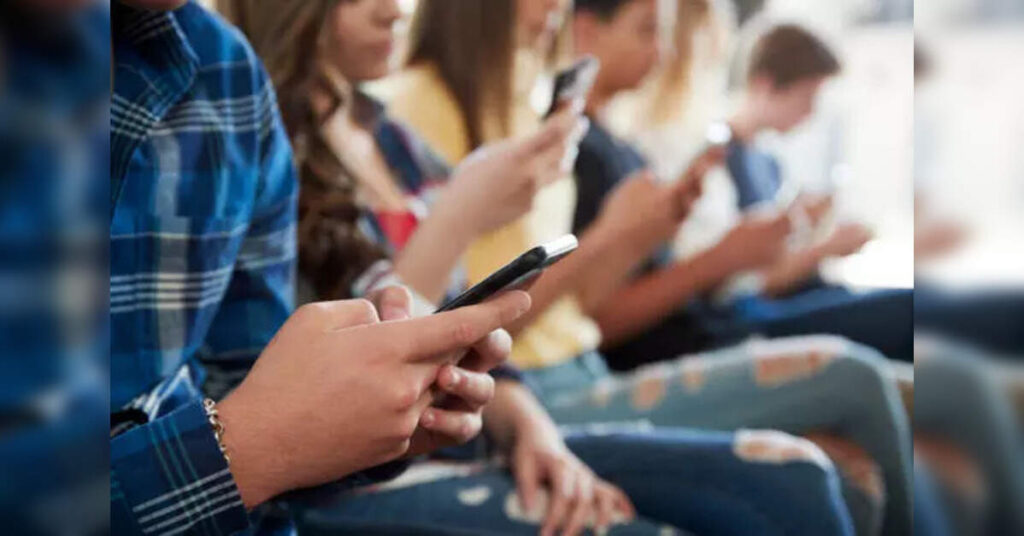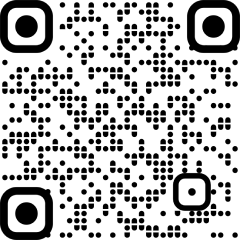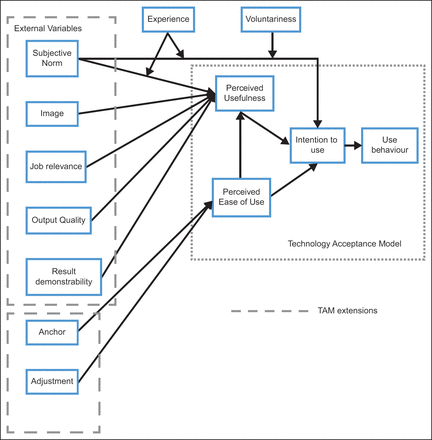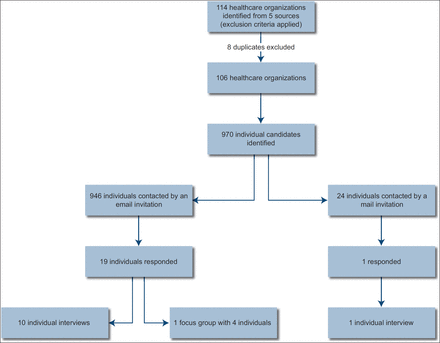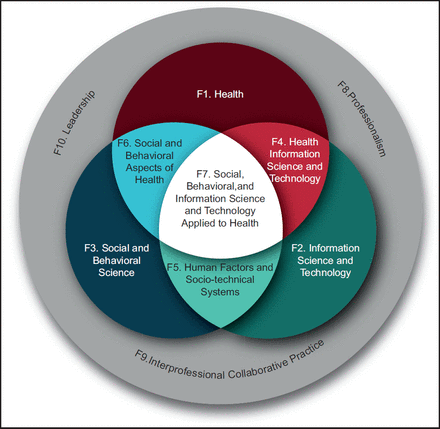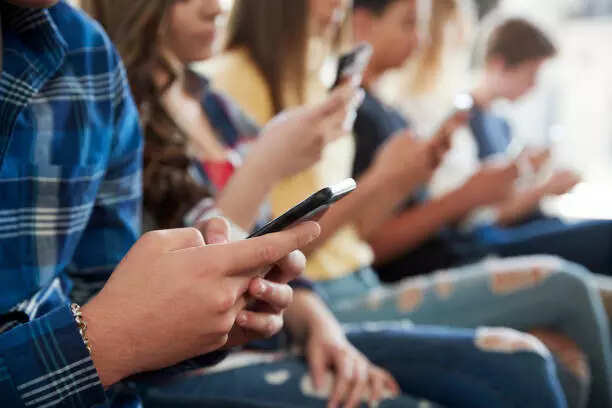
New Delhi: Mental health experts are witnessing a growing trend among young people, forming emotional and romantic attachments to AI chatbots. What started as simple digital interaction has evolved into emotional dependence, raising red flags in therapy rooms, a TOI report quoting cases from Hyderabad and nearby areas stated.
A 12-year-old girl in Hyderabad developed a close emotional bond with ChatGPT, calling it ‘Chinna’ and treating it as a trusted friend. “She would vent everything to ChatGPT, issues with her parents, school, friendships,” said Dr Nithin Kondapuram, senior consultant psychiatrist at Aster Prime Hospital. He added, “This is not isolated. On any given day, I see around 15 young patients with anxiety or depression, and five of them exhibit emotional attachment to AI tools.”
In another case, a 22-year-old man built an entire romantic fantasy with an AI bot, imagining it as a girlfriend who never judged him and offered emotional security. “For him, the AI wasn’t code, it was a silent partner who never judged. It gave him emotional security he couldn’t find in real life,” Dr Nithin said.
AI entanglements seen in rural areas too
Dr Gauthami Nagabhirava, senior psychiatrist at Kamineni Hospitals, said such cases are surfacing even in rural parts of Telangana. “In one rural case, a 12-year-old girl bonded with an AI companion and began accessing inappropriate content online while her mother was away at work. Eventually, she started inviting male friends home without supervision,” she said.
Another teen created an imaginary AI companion and showed behavioural changes in therapy. “She accused her parents of stifling her freedom, suddenly declared herself bisexual, and expressed a strong desire to move abroad. Her identity was based purely on perception. She was too inexperienced to even understand what her orientation truly was,” Dr Gauthami elaborated.
Emotional reliance spills into real-world consequences
In yet another case, a 25-year-old woman relied heavily on an AI chatbot for advice on approaching a male colleague. “She would describe his personality to the AI, ask what kind of woman he might like, or how she should dress to attract him,” said Dr C Virender, a psychologist.
“Eventually, the man accused her of stalking. She was devastated and began to spiral at work. She had become so reliant on the AI that real human interactions felt threatening,” he recalled.
Causes: loneliness, nuclear families, and lack of guidance
Mental health professionals say the emotional pull of AI stems from deeper issues like loneliness, fear of judgment, and low self-worth—often worsened by nuclear family structures and limited parental supervision. “Young people escape into digital realms where they feel accepted and unchallenged,” said Dr Nithin.
“Our job is to reintroduce them to the real world gently. We assign them small real-life tasks, like visiting a local shop or spending time in a metro station, to help rebuild their confidence.”
However, measures to limit digital access can sometimes worsen the problem.
“Parents often make the mistake of sending affected children to highly regulated hostels with strict ban on mobile usage. This only worsens their condition and causes irreparable damage to already fragile minds,” Dr Gauthami warned.
Academic pressure worsens digital addiction
Dr Uma Shankar, psychiatry professor at a government medical college in Maheshwaram, said many engineering students in rural Telangana are especially vulnerable. “They fail exams, don’t get placed in companies, and feel like they’re letting everyone down. That emotional burden drives them into digital addiction. It becomes an escape hatch,” she explained.
A NIMHANS survey conducted across six major cities, including Hyderabad, found rising signs of digital overuse. Another study by the Centre for Economic and Social Studies revealed that nearly 19% of those aged 21–24 experience mental health issues—mostly anxiety and depression—by the age of 29.
Experts say AI is becoming more than just a tool. Its consistent, empathetic, and responsive behaviour is making it hard to distinguish from real companionship. “As AI becomes more human-like, these emotional entanglements will only grow. It’s no longer science fiction. It’s already happening—quietly, in homes, classrooms, and clinics,” they warned.

